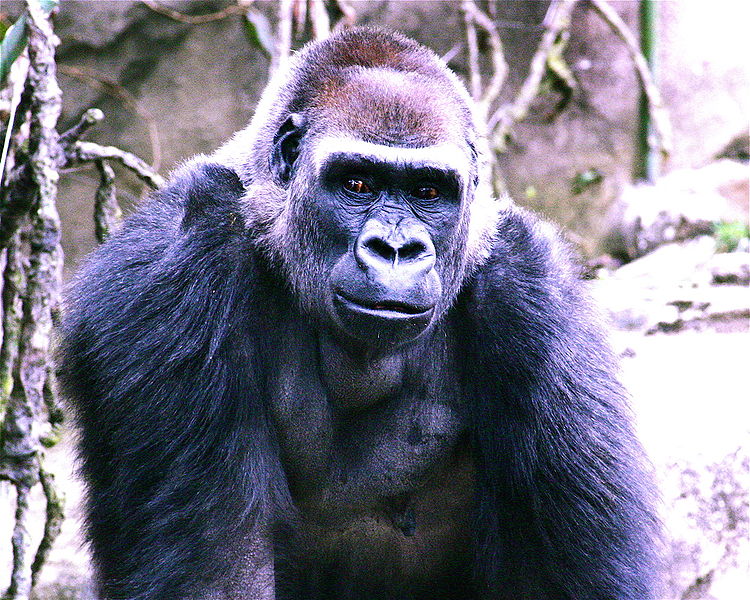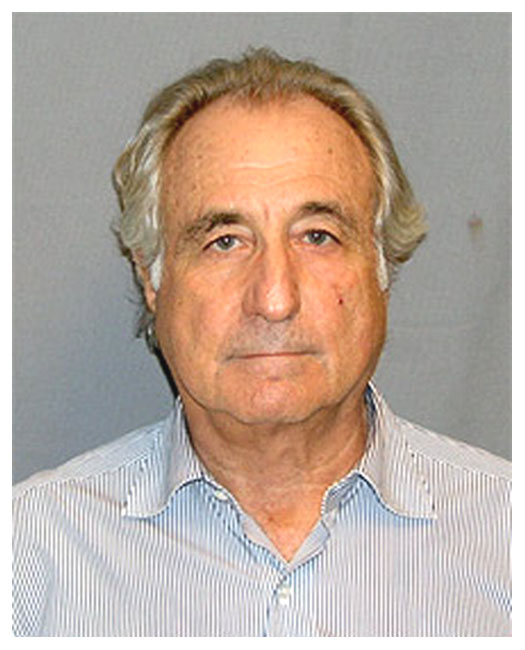Behavioral economist Dan Ariely, who focuses a great deal of his work on irrationality and lying, just did an Ask Me Anything at Reddit. A few exchanges follow.
________________________
Question:
What has been your favorite social experiment to try on a college campus and which experiment has changed your opinion on a certain topic the most?
Dan Ariely:
Probably the vaccination experiment — they took a group of students and gave half of them information about the importance of vaccination, but also gave the other half directions to the health center and asked them to indicate a time in their calendars that they would show up. Amazingly, the information did very little but the map and schedule was very effective at getting people to show up and get vaccinated. For me, this is an important building block — providing people with information is not very useful, and we need to change the environment to facilitate better decision-making.
________________________
Question:
Do you believe people are selfish rather than altruistic? (not sure how to ask this as not to suggest an answer). Is it meaningful to ask this question and to what extent do you believe this has to do with the threat of punishment rather than trying to act in accordance with moral principle?
Dan Ariely:
I believe that people are deeply altruistic, and selfishness comes later. One piece of evidence for this is that we have some data showing that when people are drunk, they react more extremely to injustice — even at a cost to themselves.
________________________
Question:
Not to name any public personalities on the spot, but there is a slew of self-help books/speakers/retreats – in other words, a multi-billion dollar industry out there that operates on making people believe that they can profoundly change themselves. In my own case, personal shortcomings like procrastination for example, how likely is it that someone in her 50s can still successfully tackle these types of personal problems? In other words, is the self-help industry a hoax? Is is irrational to expect change on a deep level?
Dan Ariely:
There is clearly a demand for self-help, and it is a very interesting industry. To look into this, I went to a 3-day event with Tony Robbins and one with the Landmark Forum. In each, there was some grain of scientific evidence but they were building giant castles from these grains of sand. I also saw lots of pain in these meetings, and people who were dealing with very complex problems. And it upsets me that these organizations are selling them the “answers” at such a high cost.
________________________
Question:
What would happen if the whole world behaved rationally? What would have existed that we don’t have today?
Dan Ariely:
I would hate to live in this world. A world without irrationality would have no help, altruism, caring, love. Count me out.
________________________
Question:
What is the most common irrational human act that you come across?
Dan Ariely:
Having kids.•




